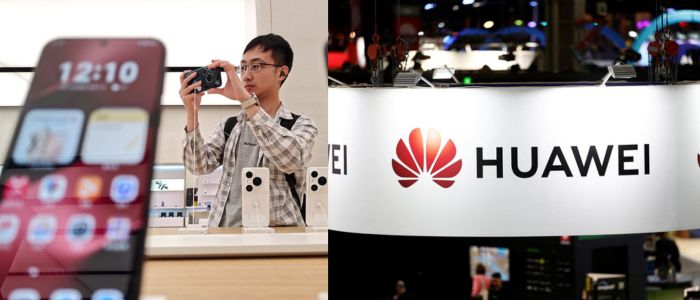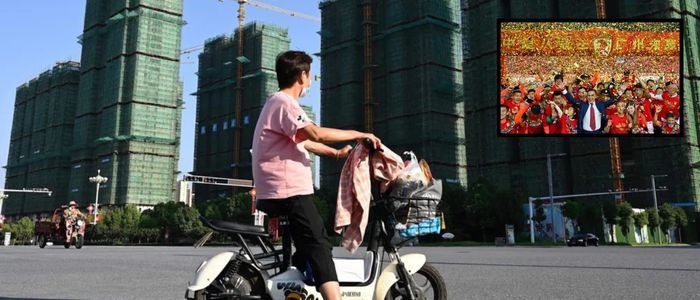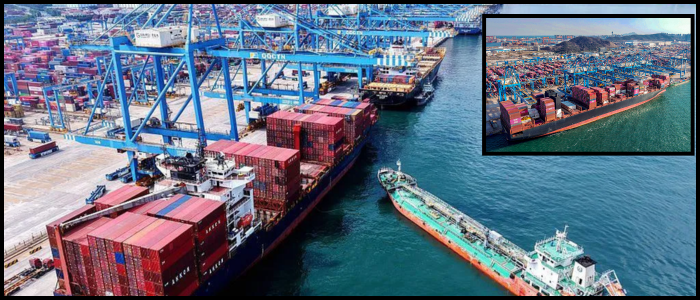The new rules come at a time when there is increasing international concern about advanced technologies being drawn into military programs around the world, and at a moment of high tension between the United States and China. Taiwan’s move adds to Washington’s overall campaign to restrict Beijing’s access to sensitive technology, including artificial intelligence and semiconductors.
Those actions came after previous U.S. restrictions on chip design software and equipment that were aimed at slowing down China’s military modernization.
Conforming to U.S. Policy, Eliminating Loopholes
The new export controls are considered part of Taiwan’s more aggressive stance at plugging potential loopholes through which restricted technologies could still be leaked to Chinese companies. The efforts of the Taiwanese government are in sync with the U.S., its main partner although there are no formal diplomatic relations between the two. While symbolic — as the U.S. already has similar restrictions in place — it helps broadcast a clear political signal that Taiwan is willing to have a program with stricter rules.
Prior to 2020, Taiwan Semiconductor Manufacturing Company (TSMC) did provide chips to Huawei, until U.S. sanctions early that year prevented the company from doing so. Since then, Huawei has turned to chips from another company, SMIC, which is also under American trade controls. More recently, concerns were expressed after reports that TSMC-made chips have been used in Huawei’s AI processors, leading to an investigation and a risk of a fine over US$1 billion.
Industry experts say Taiwan’s action probably relates to such developments and highlights the importance of stepped-up supply chain surveillance. For the first time, the Taiwanese government is starting be viewed as proactive rather than reactive, responding to foreign pressure.
Broader Impact on China’s Tech Scene
The expanding list of controls is a small piece of a broader battle over chip technology. Donald Trump imposed stringent constraints on companies such as Huawei during his presidency. Those restrictions were further extended under Joe Biden to include chipmaking equipment as well as foreign-made goods that used American technology.
Overcoming such barriers, Huawei finally made a breakthrough in 2023 with the release of its Mate 60 smartphone running on top-end chips from SMIC. This development brought renewed scrutiny from the U.S. and a signal of Beijing’s progress despite the restrictions. The government of Xi Jinping believes companies like Huawei and SMIC are essential to China’s decadeslong effort to wean itself off foreign technology.
Analysts say the new export rules in Taiwan are inspired by concerns about both direct and indirect technology transfers. Others say that the change may prompt Chinese companies to use more domestic sources, which could bolster local suppliers and speed up China’s quest for self-reliance in the semiconductor sector.
Ren recently spoke about the situation, and he indicated that while there are setbacks, China’s chip technology still holds its own. He conceded that there is a gap with U.S. advances, but argues that methods including stacking and clustering to allow Chinese chips to have similar performance.
Long term, restrictions from both the United States and Taiwan could change the shape of global supply chains, forcing China’s tech sector to grow more independently while keeping international scrutiny tighter than ever.
Business

Taiwan restricts tech exports to Huawei and SMIC

Taiwan has included China's Huawei Technologies Co Ltd and China's top chipmaker SMIC to its export control list of sensitive technologies that are banned from being sold to the mainland on national security concerns. It is a process that forces Taiwanese businesses to secure an official permit before shipping to these and other places in China and elsewhere in Myanmar, Russia, Iran and Pakistan.















